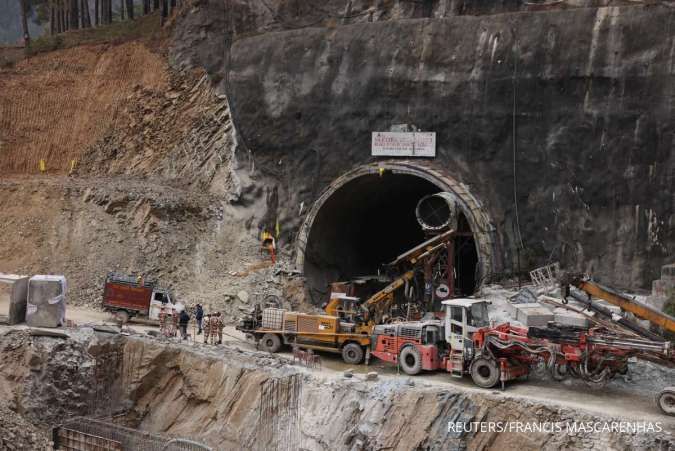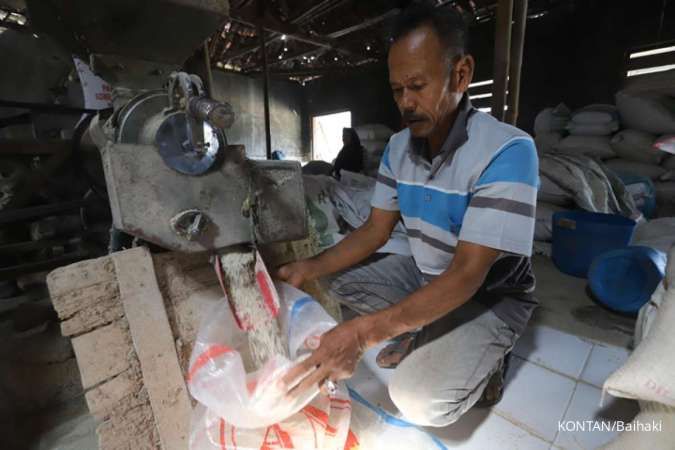ARGICULTURE - JAKARTA. Indonesia has ordered the military to help farmers plant rice as severe drought has reduced output of the staple in Southeast Asia's most populous country, lifting prices, requiring increased imports and threatening food security.
With planting behind schedule due to dryness fuelled by the El Nino weather phenomenon, President Joko Widodo asked military supervisory officers in villages known as Babinsa to help take advantage of recent rains.
"Since rainfall has occurred on some provinces, we want to encourage farmers to start planting rice," Widodo, known as Jokowi, said on Wednesday during a visit to Pekalongan regency in central Java, according to video posted on the presidential YouTube channel.
Read Also: Gold Advances as Yields Weaken Ahead of Fed Verdict
"It has been delayed due to El Nino, but we want to immediately plant, plant, plant," he said, standing next to newly-planted rice fields.
Global rice supplies have tightened this year as the El Nino, which typically causes hotter and drier weather in Southeast Asia, reduced output in major producing and consuming countries. Prices in Asia's key export hubs have risen by as much as 45% to their highest in 15 years after India, the world's top supplier, restricted exports.
Drought has delayed Indonesia's planting for the 2024 harvest, after the country's output this year dropped to 30.9 million metric tons from 31.53 million tons a year ago.
Sugiono, a Babinsa officer attending the event, told Jokowi he had joined month-long training on rice planting in order to help the farmers, according to the video.
Earlier this month, Indonesia's agriculture minister and its armed forces chief signed a cooperation agreement that includes military personnel helping in farming and utilising idle military land for planting, with seedlings and machinery provided by the farm ministry.
Read Also: Fed Likely to Hold Rates Steady, Signal Small Decline in 2024
"Some farmers have land but are short of manpower as the farmers are getting older while the younger generations prefer to work in factories, so the armed forces can help with tools and personnel," said military spokesperson Julius Widjojono.
While typically only one Babinsa is assigned to a village, Widjojono said the officer can map out manpower needs for planting and they would be deployed from nearby military units.
Agriculture Minister Amran Sulaiman said earlier this month that the involvement of armed forces in the past had helped Indonesia to achieve food self-sufficiency, and renewed cooperation could help the country reduce rice imports.
Indonesia has emerged as one of the top rice importers after state procurement company Bulog was assigned to import 3.5 million tons this year.
This week, Bulog began buying rice through an international tender of up to 534,000 tons, expected to arrive by end-January, European traders said.
Read Also: Dollar Inches Higher as Traders Await Fed Signal on Rate Cuts
Indonesia's rice-planted area between September and November declined by 53.61% from a year ago, according to farm ministry data. The crops planted in the last quarter of the year usually produce the main harvests for the next year.
Still, Indonesia said it expects rice output to increase to 32 million tons in 2024, while the main harvest in March and April will contribute 10.07 million tons, a 14% increase from this year.
/2023/12/04/497864193.jpg)















